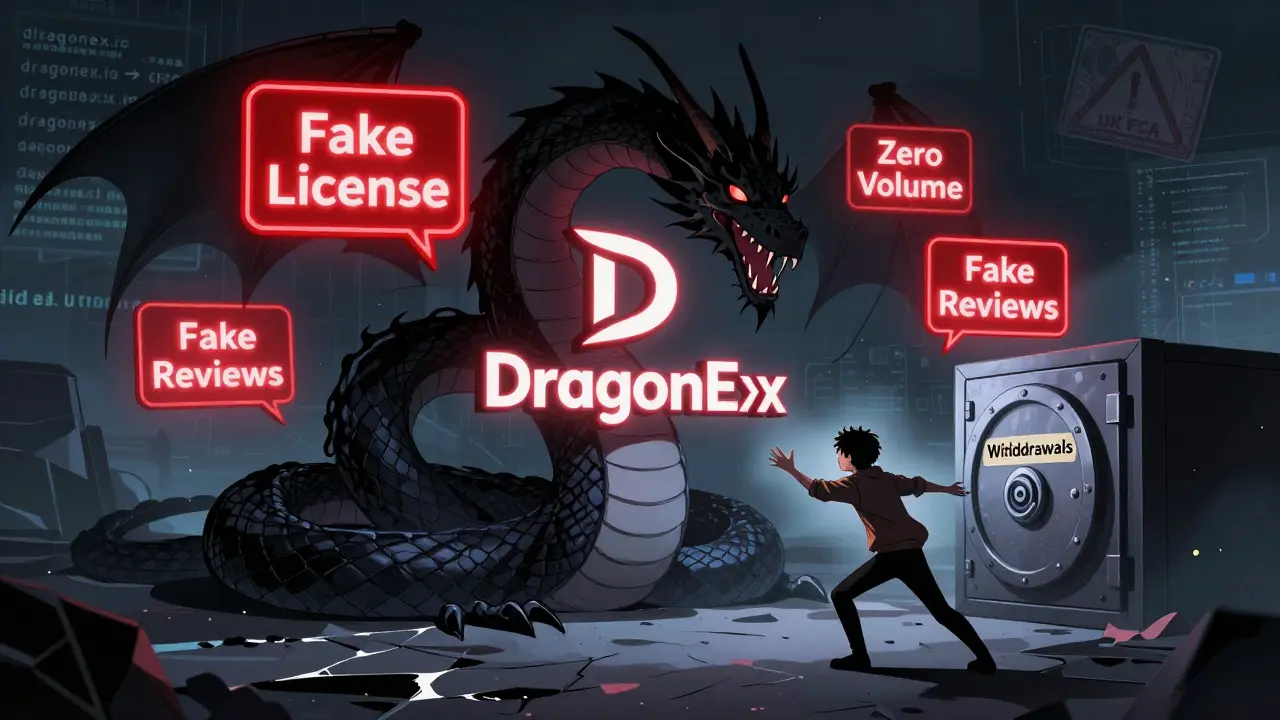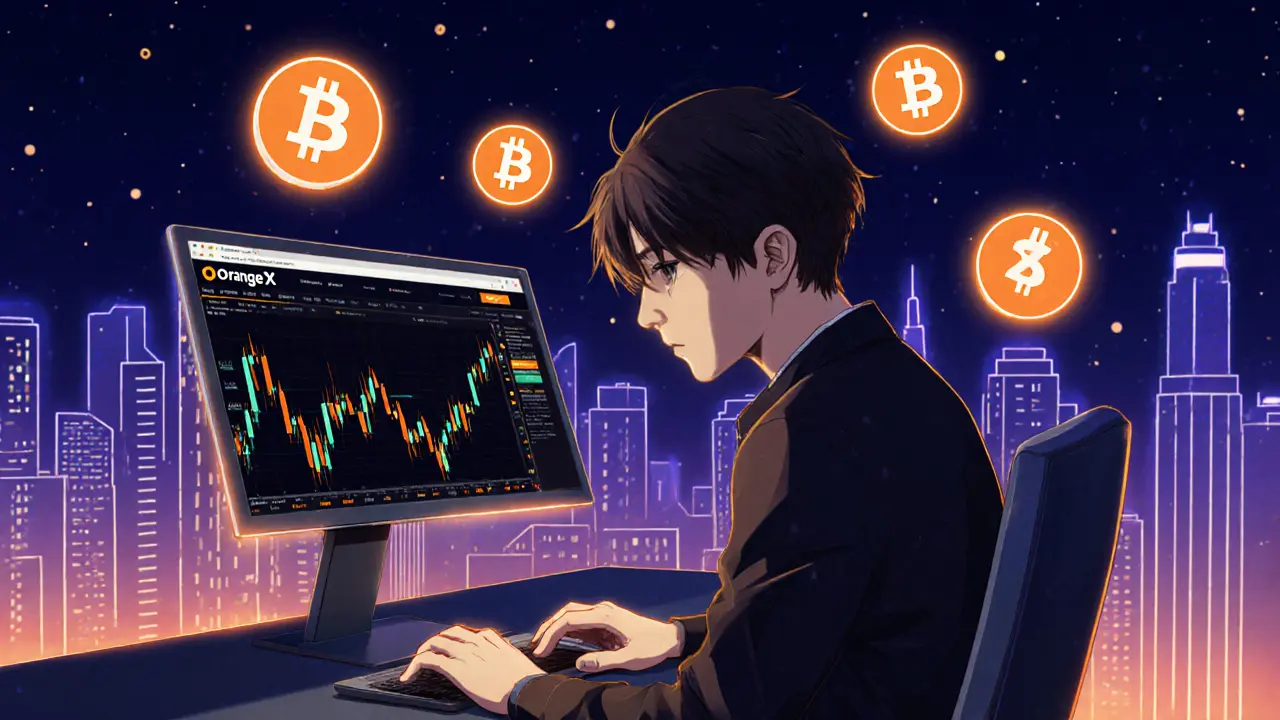Unregulated Crypto Exchange: Risks, Reality, and How to Spot Them
When dealing with Unregulated Crypto Exchange, a trading platform that operates without licensing or oversight from financial regulators. Also known as unlicensed crypto exchange, it typically bypasses the rules that protect users on mainstream venues. Because there’s no official watchdog, these platforms can change terms on a whim, freeze assets, or disappear overnight. That’s why understanding the ecosystem is the first step to protecting your money.
One common cousin is the decentralized exchange, a peer‑to‑peer marketplace that runs on smart contracts instead of a central company. While DEXs can be perfectly legitimate, many operate without any regulatory compliance, the set of laws and guidelines that licensed exchanges must follow. No KYC, no AML checks, and no clear recourse if something goes wrong. This lack of oversight blurs the line between a genuinely open‑source platform and a shady marketplace that lures users with low fees and exotic tokens.
Security is another front line. A thorough security audit, an independent review of smart‑contract code and platform safeguards can expose vulnerabilities before they’re exploited. Unfortunately, many unregulated venues skip formal audits to save costs, leaving users exposed to hacks, rug pulls, or hidden backdoors. Without a reputable audit report, you have no way to gauge whether the platform’s smart contracts have been stress‑tested or if the team can be trusted to safeguard deposits.
Key Red Flags to Watch Before You Trade
Spotting an unregulated exchange often comes down to a few tell‑tale signs. First, if the site offers no clear licensing information or refuses to disclose its corporate address, treat it as a warning. Second, a lack of KYC/AML procedures might seem appealing, but it also means the platform can’t verify who you’re dealing with—a perfect setup for money‑laundering and fraud. Third, check the token listings: a flood of brand‑new, low‑cap coins with little documentation is a hallmark of “pump‑and‑dump” schemes. Fourth, examine the liquidity pools; shallow depth makes price manipulation easy, and you could lose money on a single trade. Finally, read community feedback on forums and social media. If users consistently report delayed withdrawals or sudden bans, the risk level spikes dramatically.
All these factors tie back to the core idea that an unregulated crypto exchange trades away the safety nets most traders rely on. By understanding how decentralization, compliance, and security audits intersect, you can make smarter decisions and avoid costly mistakes. Below you’ll find a curated collection of articles covering airdrop safety, tokenomics, exchange reviews, and deeper dives into blockchain consensus—each piece designed to give you the tools you need to navigate this complex space with confidence.
DragonEx Crypto Exchange Review: Red Flags and Scam Warning
DragonEx is a fraudulent crypto exchange with fake licensing, zero trading volume, and confirmed scam reports. Learn why you should avoid it and which safe alternatives to use instead.
OrangeX Crypto Exchange Review: Fees, Features, and Safety
In-depth OrangeX crypto exchange review covering fees, leverage, security, liquidity, mobile app performance, and regulatory status.


